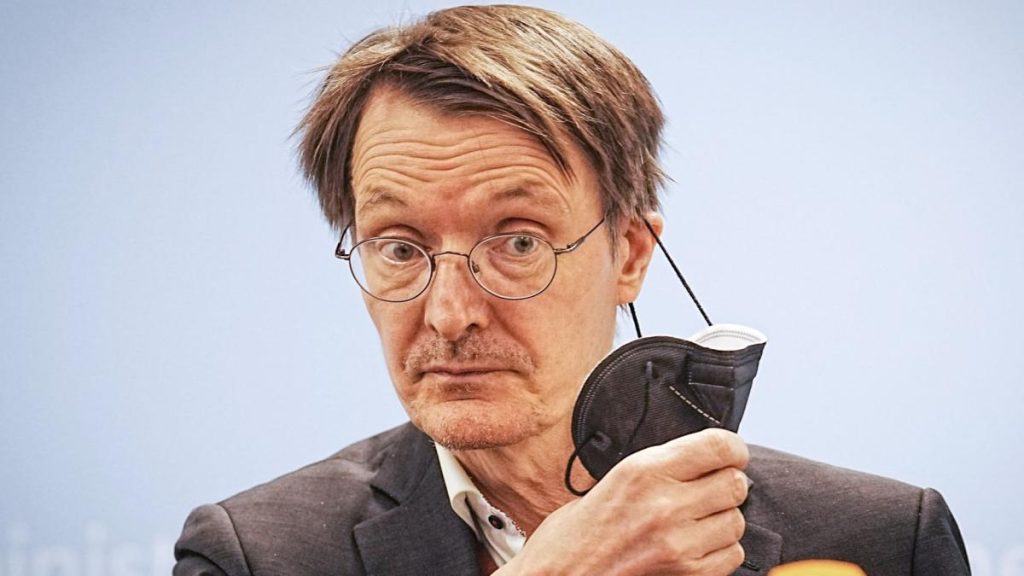Criticism is mounting against German Health Minister Karl Lauterbach (SPD) regarding the handling of the “Ich schütze mich” vaccination campaign. Allegations of bribery and breach of trust have surfaced following a report by the Federal Court of Auditors, which found irregularities in the campaign’s procurement process. The SPD-affiliated advertising agency BrinkertLück reportedly received over three-quarters of a million euros for the campaign, where various citizens acted as testimonials for the COVID-19 vaccine. Opposition parties, including the Greens, have voiced concerns over the Minister’s actions, calling for transparency and evaluation in public expenditure to ensure optimal results.
The dispute over the campaign’s procurement process has been ongoing for almost a year and a half, with accusations of lack of transparency and favoritism in the allocation of public funds. The report by the Federal Court of Auditors raised further questions about the Ministry’s engagement with the advertising agency BrinkertLück, which was allegedly appointed without proper authorization. The Union’s health policy spokesman, Tino Sorge, has requested a special session of the Health Committee to address these concerns and to hold the Minister accountable for any irregularities in the procurement process.
The Left Party’s Member of Parliament, Sören Pellmann, has taken a more drastic step by filing a criminal complaint against Minister Lauterbach. Accusations of bribery and breach of trust have been raised, as the campaign was carried out by the Hamburger agency BrinkertLück despite a pre-existing contract with another advertising agency. The Ministry has defended its actions, stating that the subcontracting agreement with BrinkertLück was orally approved by the main contractor, Scholz & Friends. The agency BrinkertLück has denied any allegations of favoritism, attributing the responsibility for contract details to the Ministry and Scholz & Friends.
The total cost of the campaign, initially estimated at 32.7 million euros, has now risen to 45 million euros, as revealed by the Federal Court of Auditors. Despite common occurrences of campaign costs exceeding budgets, the questionable procurement practices have raised concerns among politicians. The Ministry explained that the increase in costs was due to additional ad placements in newspapers and regional media outlets. The substantial sum of 856,000 euros paid to BrinkertLück for campaign development and implementation has come under scrutiny, particularly in light of the Court of Auditors’ findings.
The Bundeskanzleramt (Federal Chancellery) has declined to comment on the matter, citing the “departmental responsibility” of the Ministry. The government’s response aligns with the Ministry’s denial of any wrongdoing in the procurement process. However, political critics are unlikely to be satisfied with these responses, especially in light of the Court of Auditors’ report highlighting procedural flaws and cost discrepancies in the campaign. Calls for new regulations and increased accountability in public procurement processes have surfaced, with legal experts urging for stricter oversight and consequences for irregularities to safeguard public funds and ensure transparency.


